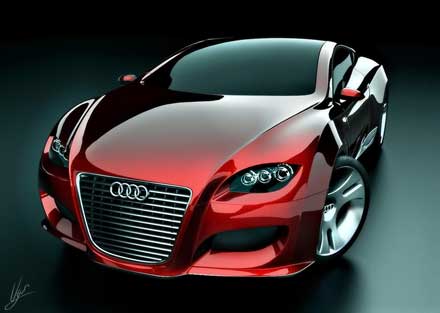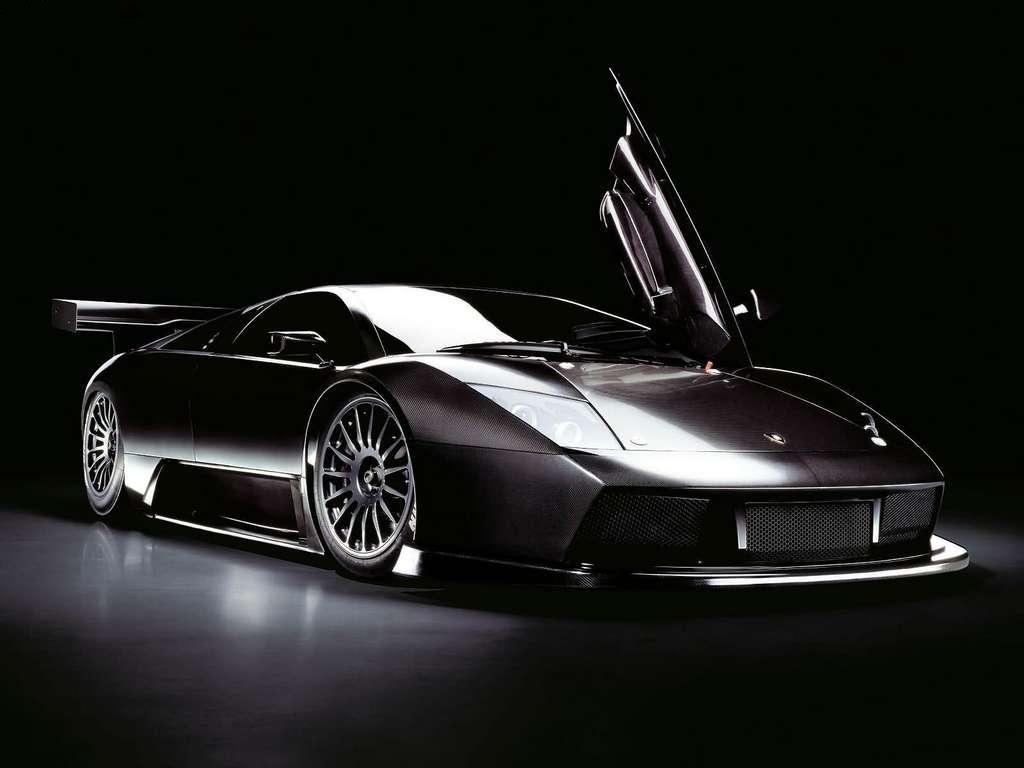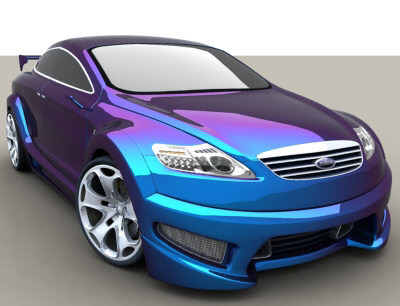
The South Korean ambassador to the USA, Han Duk-soo, wants to get more free trade between the States and our peninsular pals in Asia, and President Obama is looking to have the finer details worked out by next year.
To do so, the ambassador is pushing for "business leaders" in Michigan - a state where Hyundai/Kia invests $900 million annually - to support an agreement that could assist both countries in moving some more metal (and fruit). In his own words, American car imports into Korea "can and should be increased a lot more".
 The goal of the new agreement is to eliminate the tariffs on American car manufacturers exports to Koreas (8%) while simultaneously cutting the tariff for Korean manufacturers importing cars to States (2.5%, and they already have factories here to partially get around that).
The goal of the new agreement is to eliminate the tariffs on American car manufacturers exports to Koreas (8%) while simultaneously cutting the tariff for Korean manufacturers importing cars to States (2.5%, and they already have factories here to partially get around that).
Eliminating the tariff could be a huge benefit for American companies looking to sell in Korea's once-protected market. Also, American grape farmers would benefit, since the little delectables get hit with a 45.5% import tariff.
Never have grapes been so significant to international trade (but don't quote me on that). To solve emissions issues -usually a big international hiccup- Korea would "effectively adopt California's emissions standards".
Raining on everyone's globalized parade is Michigan Rep. Sander Levin, who thinks the agreement needs some more time to marinate: "In its current form, the U.S.-South Korea Free Trade Agreement is fundamentally flawed...[It] does not ensure a change in the status quo necessary to bring about meaningful market access and two-way trade in autos and other manufactured goods. This flaw was made clear to the Bush Administration and they rejected a bipartisan congressional proposal to address the flaws during negotiations."
Issues to be addressed include "unfair taxes [and] regulations" that, once changed, will have to be monitored and enforced.
Another issue not brought up is being able to overcome the national pride purchase factor (very similar to Japan), so a lot is still up in the air. Would more "American" cars in a unique niche (like the Mustang, Camaro, some SUVs, etc.) be popular over there? If any of our Korean readers/residents have some input on that, let us know.
By Phil Alex
Source: Detroit News










